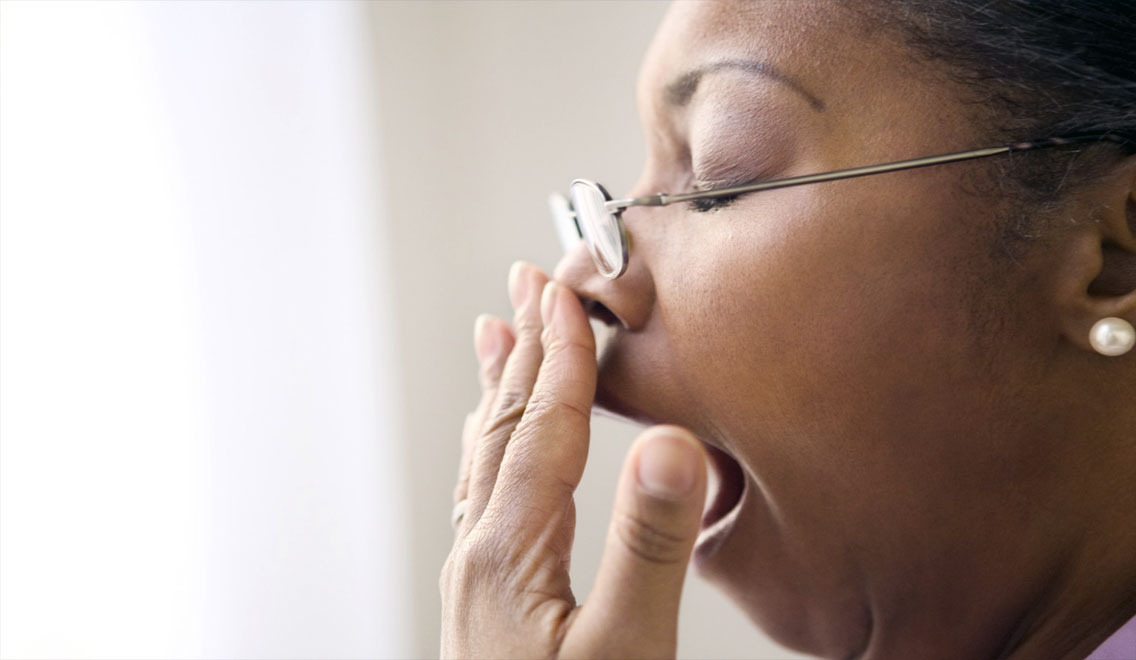African Americans May Have A Higher Risk Of Sleep-Related Health Issues
African Americans are more likely than Caucasians to sleep less than seven hours a night, with the disparity most visible in professional occupations – according to a study by researchers at the Harvard School of Public Health. The Cleveland Clinic suggests that all adults should get at least seven and a half hours of sleep at night, and not much more than eight hours. Getting enough sleep is key to our physical and mental health, with research showing that sleep deprivation is linked to a host of health issues, including obesity, heart disease, and Type 2 diabetes. In this post, we highlight reasons why African Americans may be receiving less sleep than they need, suggesting ways to improve one’s routine and environment for better sleep.
The Harvard Study
The above-mentioned Harvard study, published in the American Journal of Epidemiology, is noteworthy because it involved almost 137,000 American adults. The researchers found that 37% of black employees (black professionals in particular) were not getting enough sleep, compared to 28% of caucasian. The authors noted that possible reasons for this phenomenon include job strain, discrimination in the workplace, insufficient availability networks that support employees emotionally or financially, long working hours, and stress at home.
They noted that African Americans were more likely to complete shift work, which can have serious effects on human health. The authors also added: “Blacks have also been shown to have more risk factors for comorbid conditions (e.g., obesity, type 2 diabetes, sleep apnea) that may result in less, poorer quality sleep, and these health conditions have been shown to influence one’s working conditions.”
Sleep Restriction and Weight Gain
A 2013 study published in the journal SLEEP found that sleep restriction leads to greater weight gain in females and in African Americans. The researchers noted: “African Americans, who are at greater risk for obesity and more likely to be habitual short sleepers, may be more susceptible to weight gain in response to sleep restriction. Future studies should focus on identifying the behavioral and physiological mechanisms underlying this increased vulnerability.”
Weight gain has an important relationship to sleep because it can increase the likelihood of sleep apnea, in which a person stops breathing, with serious consequences for their health. The consequences of apnea include severe fatigue, cognitive issues, and a higher likelihood of high blood pressure, stroke, diabetes, depression, and other ailments.
Natural Approaches to Better Sleep
Routine is key when it comes to sleeping well. Avoid watching the television or using your tablet or computer in the evening, and keep coffee and other stimulating beverages to the morning. Establish a bedtime routine that you follow religiously. This might include having a bath, practicing meditation, or completing relaxation exercises. Essential oils such as lavender have been proven to promote calm. This oil can be applied directly to skin or diffused throughout your room with the help of a diffuser.
Additional relaxing essential oils to opt for include orange, cedarwood, and vetiver. Pay heed to your bedroom’s design features. Your room should be uncluttered, contain few distractions, and have blackout curtains and insulation if required. Finally, your mattress should boast the right firmness for your sleeping position.
Physical Activity is Key
The sedentary lifestyle not only increases one’s risk of heart attack, Type 2 diabetes and other conditions, but it also stands in the way of a good night’s sleep. The National Sleep Foundation’s Sleep in America poll found that those who exercise are more likely to get enough hours of sleep at night, than those who don’t.
Researcher Max Hirshkowitz, noted: “If you are inactive, adding a 10 minute walk every day could improve your likelihood of a good night’s sleep. Making this small change and gradually working your way up to more intense activities like running or swimming could help you sleep better.”
The World Health Organization recommends exercising moderately for at least 150 minutes (or vigorously for 75 minutes) per week. Try to combine both aerobic and strength training exercises to boost fitness and stay at a healthy weight.
African Americans are known to sleep less hours, which exposes them to a higher risk of various health issues. Sticking to a strict bedtime routine is key, as is reducing the consumption of stimulants in the afternoon. Finally, physical activity and stress busting activities (including meditation, breathing, and progressive muscle relaxation) can help African Americans sleep better and enjoy better overall health and wellbeing.

By Ali Rennoll
Ali Rennoll is a former health professional who took to freelance writing after starting a family. She writes on a variety of topics, and loves the flexibility and work / life balance that freelancing brings.


